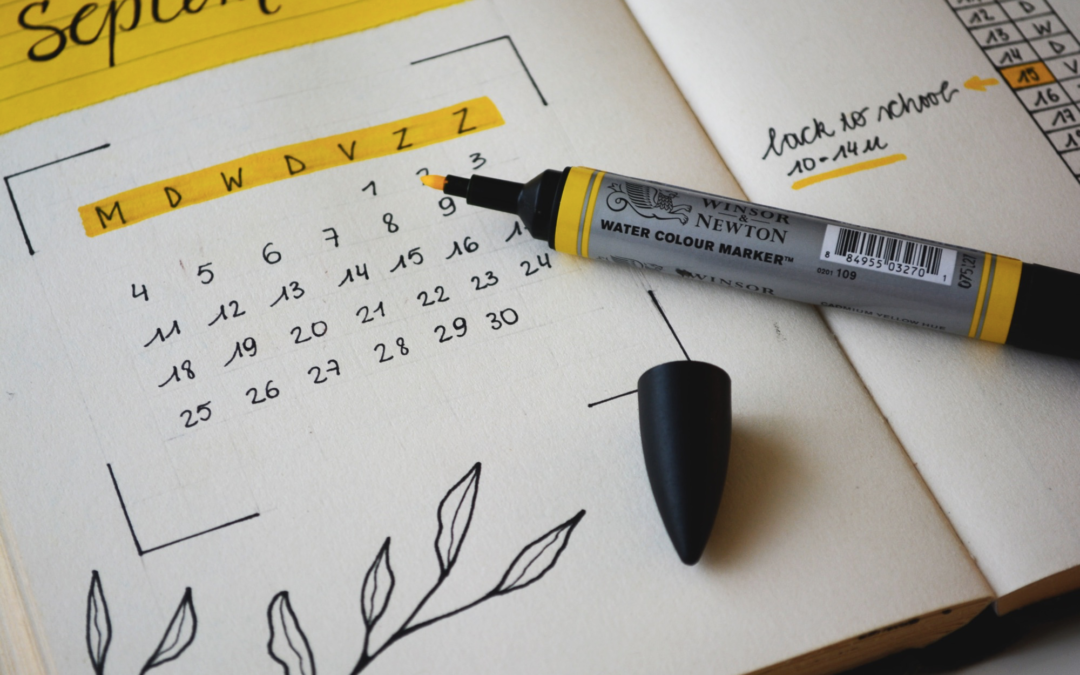Over the past several years, I have become increasingly obsessed with the concept of time — with both its nonexistence and its (paradoxically) terrifying scarcity.
The patient, kindhearted people who receive my texts are used to it by now — messages from me fretting that I’m going to die soon, that I won’t have enough time to do everything I want to do, that I’m wasting the little time I do have left.
Part of this comes from the frustration of being a Slow Writer™️ — it honestly just takes me a long time to think, to process, and to put words on the page. It feels like my brain needs to turn over each concept carefully in its weird little brain-hands, inspecting every nook and cranny in an attempt to understand.
Even on my most productive writing days, when I am able to write for hours on end with minimal interruption, I am impressed and delighted when I can produce 1,000 words.
(For context, I’ve done writing sprints with folks who can produce twice that in an hour.)
“Well, why don’t you just write faster?” I know it seems obvious, as several well-intentioned people have suggested to me over the years. But it’s kind of like asking a starving person, “Why don’t you just eat some food?” The obvious isn’t always accessible.
I have tried writing faster — most recently, I speed-wrote 130,000 words of my Girl In Space novel adaptation in three months, and… it didn’t go super well.
I write best when I write slowly, when my brain is able to touch every surface of an idea, and that is because for me, the purpose of writing is not to produce.
Rather, writing is how I exist in a world that (for me, at least) is so difficult to understand. Writing is literally how I am able to live. It’s the only way I’ve ever been able to learn or grow or make sense of anything. It’s been a coping mechanism for me for as long as I can remember.
As Flannery O’Connor once said, “I write because I don’t know what I think until I read what I say.” And for me (and perhaps maybe for you), this is more than a clever turn of phrase — it is absolutely the truth.
And I think this begins to expose the root of the issue — which is that the thing I do to live is also the thing I do for a living.
I think this is the reason why so many writers preserve their writing for themselves, as a “hobby” — because writing is too important to their survival to mix up with the need for monetary compensation.
When one is a paid writer, one generally earns money upon the completion of a project, and the more projects one can complete, the more one can be paid. The more the starving person, so to speak, can eat.
And the production of words becomes a quantification of existence.
I think I am only just now arriving at the realization that writing slowly isn’t a vice; it’s not a problem or an issue that needs to be solved. It’s not one more thing to add to my lengthy list of “Things I Need To Work On.”
In fact, it’s a resource that I can use to tackle the items on that list. It’s a method. It’s a coping mechanism. It’s how I survive.
It’s me.
Perhaps understandably, I am a lifelong journaler. From the wide-scrawled “Dear Diary” entries of my childhood to the adoption of Julia Cameron’s morning pages as an adult, I am always searching for a right-feeling balance of “writing to sell” and “writing to survive”.
I started bullet journaling back in January, when writing multiple morning pages long-hand began to eat away at the creative energy I needed to make progress on my projects. Bullet journaling been a great solution for me personally (it’s not for everyone) since I can simply dash out thoughts as bullet points as they occur and reserve my more intensive “processing” writing for the things I intend to publish.
Since I’m a nerd in so many ways, I bought the official Bullet Journal Method book by Ryder Carroll. I expected that the book would help me make the most of my bullet journaling practice.
I did not expect that the book would console me about my fears of being a Slow Writer™️, or my ever-impending death.
But strangely, and strangely overtly, it did (or is in the process of doing so):
“That all living things must die is one of the few absolute truths we will ever know. Yet, in the West, we all but demonize impermanence. Death is anthropomorphized as the Grim Reaper, a ghoulish enemy lurking in the shadows, waiting to take everything from us. It’s a terrifying notion that makes our relationship with the inevitable very one-sided. It doesn’t need to be this way.” — Ryder Carroll, The Bullet Journal Method (p. 181)
I think that this passage hit me so hard because it was so very unexpected within its context, and because it frankly addressed a fear that I’ve been harboring for years.
And while it didn’t suddenly banish that fear forever, seeing death mentioned in a casual how-to book about bullet journaling, of all places, helped me to make the connections for today’s letter to you — the relationship between not only writing and dying, but writing and living.
I am not “wasting my time” by writing slowly. I am not “less than” other writers my age who have written and published and been paid more than I have. There is not something else I “should” be doing. There is no quota for a life well-lived.
Writing is, very simply, how I live, and how I experience life.
And I will take all the time that I need to do it.

